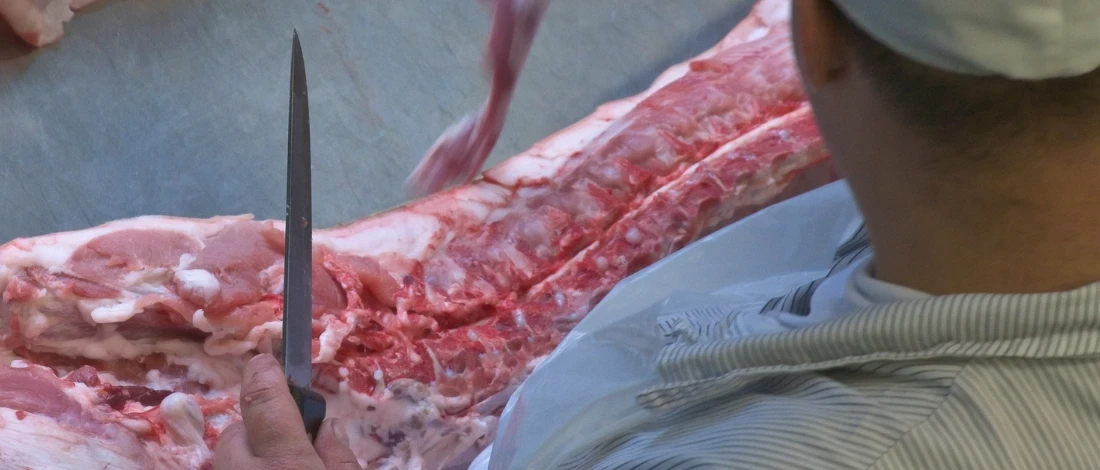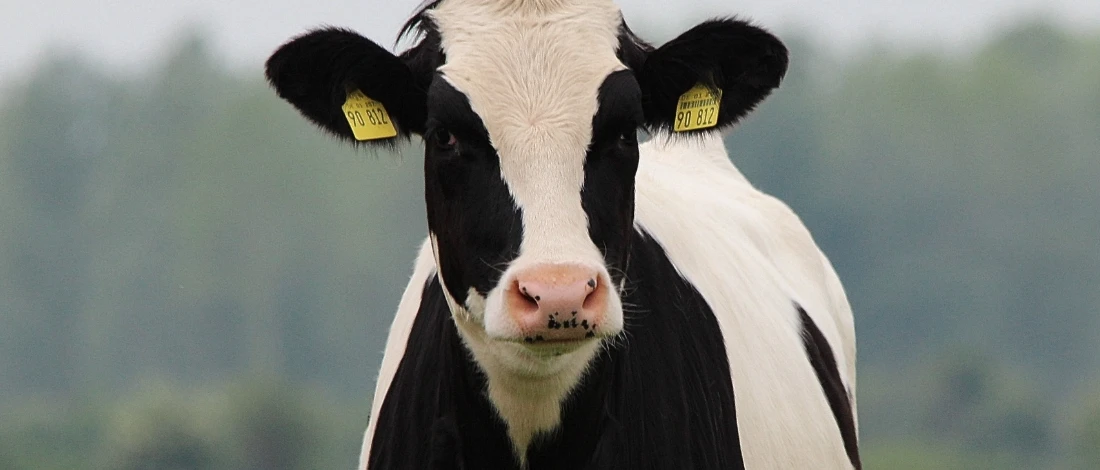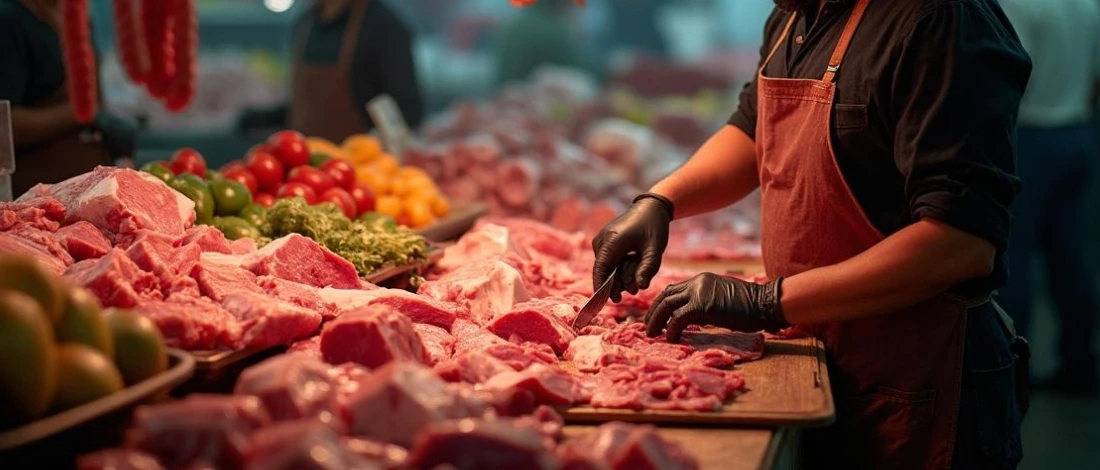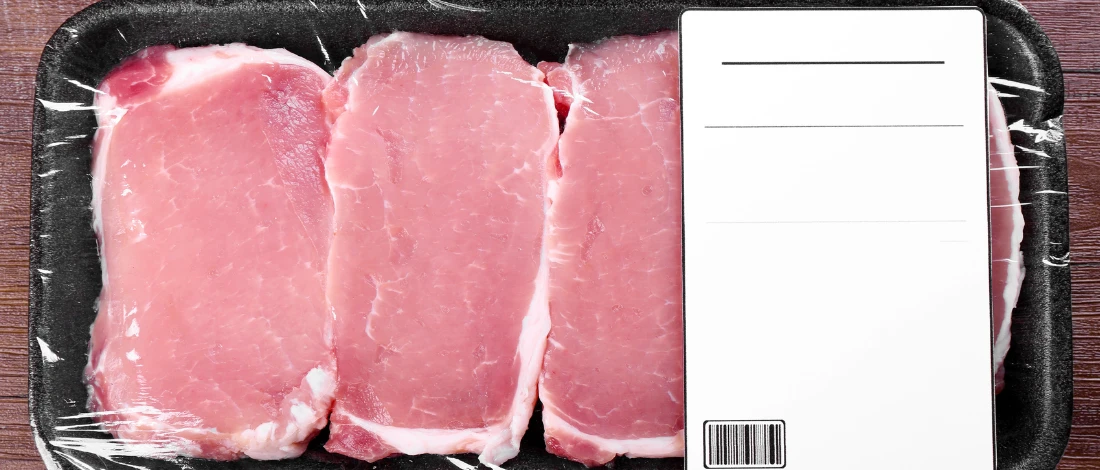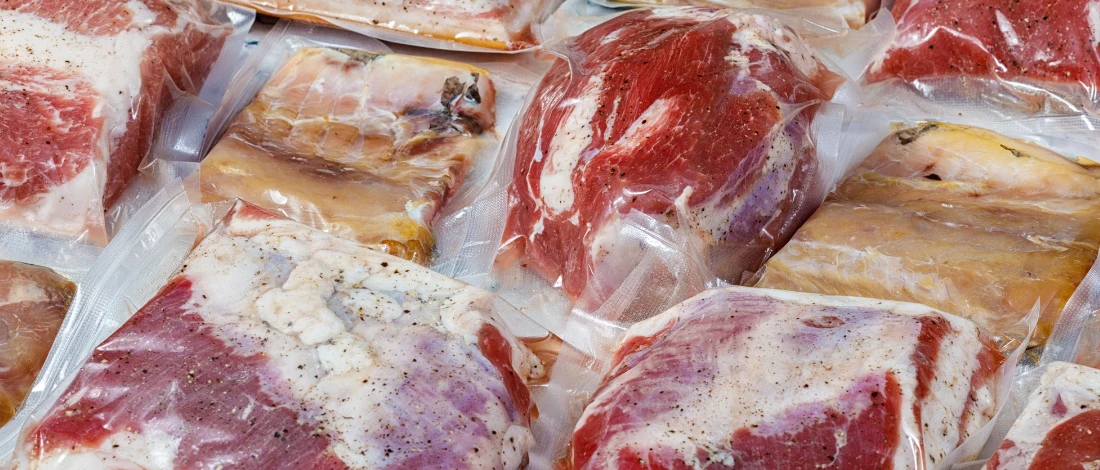Suspension of Mexican Beef Imports to Strain U.S. Supply Chain
The U.S. suspension of beef imports from Mexico could tighten feeder cattle supplies and elevate prices, according to Charley Martinez, an extension specialist with the University of Tennessee.
The sudden halt, implemented by the USDA’s Animal and Plant Health Inspection Service (APHIS), follows the detection of New World screwworms in Mexican cattle.
“About 5 percent of the feeder calf supply comes in from Mexico. We now have shut off that valve immediately,” Martinez explained. “In an environment where we already have tight supplies, we’re going to end up in a spot where we’re going to have tighter supplies.”
Immediate Impact on Border States
The suspension is already causing ripple effects, particularly in border states like Arizona and Texas. Feedlot operators, reliant on a steady supply of Mexican cattle, must now turn to local sale barns to fill the gap.
Martinez noted, “You have feed lot operators that are needing cattle now, and they no longer have a supplier. They’re going to have to go out to the sale barns and go look for cattle.
Well, that’s actually going to cause a short-run demand increase, and as demand increases, prices increase.”
If the suspension lingers, the strain on the beef supply chain will likely escalate, leading to broader economic impacts.
“With this happening basically at the beginning of the beef supply chain, there’s going to be increased prices or increased cost for certain players within the segment. Eventually, it’s going to get to the consumer,” Martinez added.
Screwworm Limited to Southern Mexico
Currently, the New World screwworm has been detected only in Chiapas, near Mexico’s border with Guatemala, and has not reached the U.S.-Mexico border.
Nevertheless, APHIS’s proactive measures highlight the importance of maintaining biosecurity within the beef trade.
As this situation unfolds, U.S. cattle producers and consumers alike brace for the potential long-term effects of a disrupted supply chain.
Stay informed on the latest beef supply chain updates. Visit our homepage for more news on the impact of beef imports and market trends.

